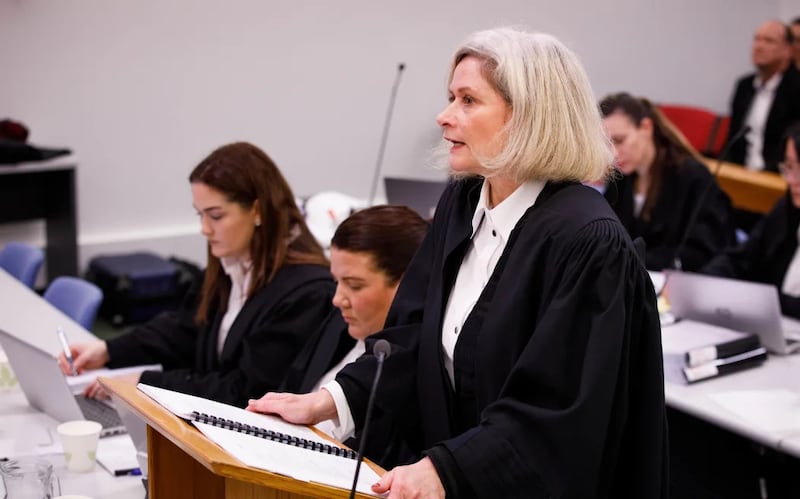This article was first published by RNZ.
An Auckland real estate agent who is seeking a judicial review against her industry body over mandatory Te Tiriti training has had her day in court today.
Janet Dickson is facing a five year ban if her license is revoked - after she refused to complete a Te Tiriti training course.
In 2023 the Real Estate Agents Authority directed all real estate agents to undertake a course called Te Kākano - which was designed in partnership with Whakatāne-based tertiary institute Te Whare Wānanga o Awanuiārangi.
It was promoted by the Authority as a “practical introduction to Māori culture, language (te reo), custom (tikanga) and Te Tiriti o Waitangi in the real estate context”.
According to Dickson’s submission, the course was designed and delivered from a “Ngāti Awa perspective on topics”.

Lawyer Nikki Pender said Dickson felt the training offered minimal benefit to the real estate sector, as she did not deal with Māori land in her area of practice.
“She would not have objected if a course like Te Kākano had been offered as a voluntary topic for them, so to speak clear on that, this really is about the mandatory nature of the directive, not the decision to offer a course of this kind.”
Dickson was taking a principled stand, one that had consequences for her, Pender said.
Dickson is backed by lobby group Hobson’s Pledge, and in February she appeared in a post on the Hobson’s Pledge Facebook page urging people to “join the fight to end woke madness”.

Real Estate Agents Authority lawyer Andrew Butler said the Authority did not accept that Dickson’s perspective on Te Kākano was a fair characterisation of the content and purpose of the course.
“It’s important that licensees when conducting there business and engaging with consumers are conscious of the fact that not everybody is like them, that different people have different cultural understandings and the way conducting oneself can have a negative impact on a person.”
Real estate agency services are offered to a diverse array of customers, so the benefits of making people confident in the company of people from different backgrounds enhanced their ability to do business, Butler said.
The statutory consequences allowing for the cancellation of a real estate agents license - if that agent fails to comply with practice rules on education - were set out by Parliament, he said.
“This is not the Authority that chose these consequences, Parliament chose them in a context where it was trying to emphasize new era, new regime, new way of regulating this industry in which there needs to be increased public confidence.”
The judicial review before Justice McQueen was expected to finish today.
By Pokere Paiwai of RNZ.

